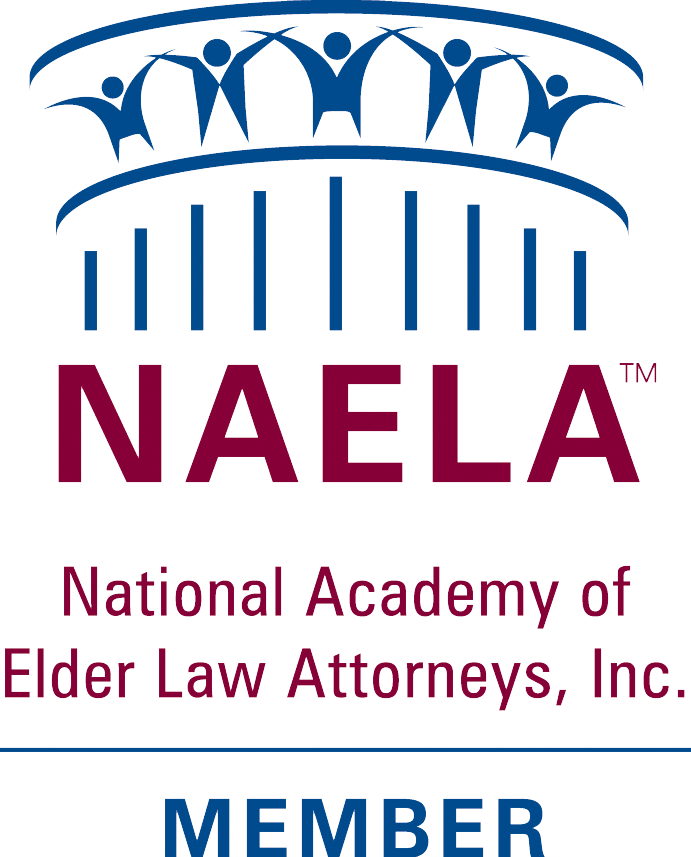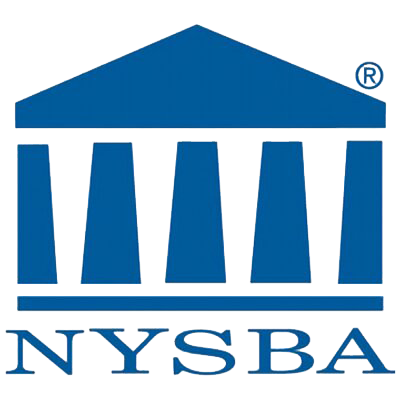The Court process known as Probate can be very confusing. Probate is a Court proceeding where the Court validates your Last Will and Testament so that assets which are titled solely in your name can be administered. Assets which are titled solely in your name are frozen when you die and remain frozen while the process is pending. Your beneficiaries cannot receive the assets until the probate is completed. In the event that you do not have a Will, there is a similar process known as Court Administration in which NY law decides who will inherit your assets. As a general rule, Probate is a process which you should try to avoid. Even the most simple Probate proceeding can take up to 6 months to complete and cost your family thousands of dollars in court and legal fees. As part of Probate, all of your next of kin (by blood) must be notified and given a copy of your Will, even if they are not named in your Will. These next of kin are also entitled to contest your Will in Court. A contested probate can take years to complete and cost your estate tens of thousands of dollars. Probate can also become complicated in cases where a beneficiary or family member is: disabled, receiving government benefits, or missing/unavailable for any reason. In any of these cases, the Court will appoint a Guardian to represent the beneficiary who is disabled or missing and this will also lead to delays and more costs for the family.
 Probate can also be difficult if a person dies with real estate that is titled in their name alone. In these cases, the family is usually unable to sell, transfer or collect rental income, and until the Probate process is over. In these cases, the family must often pay to upkeep the property out of their pocket. Contrary to popular belief, whether your estate goes through Probate Court does not depend on whether you have a Will or the size of your estate. Whether your estate goes through Probate depends on the title of your assets when you die. Assets in your name only, without a joint owner, beneficiary or living trust, are frozen and must go through Probate. Assets which have a designated beneficiary, joint owner or are part of a Living Trust AVOID probate and the beneficiary can immediately collect the account without having to wait for this process. In the case of bank accounts, life insurance, retirement accounts and other investments, you can easily avoid probate by making sure there is a designated beneficiary on the account. If you own real estate, it is usually advisable to place the property into a Living Trust to avoid Probate. Probate is a complicated process and you should plan to avoid it for your family. If you need information on Probate or on avoiding Probate, you should consult with an attorney.
Probate can also be difficult if a person dies with real estate that is titled in their name alone. In these cases, the family is usually unable to sell, transfer or collect rental income, and until the Probate process is over. In these cases, the family must often pay to upkeep the property out of their pocket. Contrary to popular belief, whether your estate goes through Probate Court does not depend on whether you have a Will or the size of your estate. Whether your estate goes through Probate depends on the title of your assets when you die. Assets in your name only, without a joint owner, beneficiary or living trust, are frozen and must go through Probate. Assets which have a designated beneficiary, joint owner or are part of a Living Trust AVOID probate and the beneficiary can immediately collect the account without having to wait for this process. In the case of bank accounts, life insurance, retirement accounts and other investments, you can easily avoid probate by making sure there is a designated beneficiary on the account. If you own real estate, it is usually advisable to place the property into a Living Trust to avoid Probate. Probate is a complicated process and you should plan to avoid it for your family. If you need information on Probate or on avoiding Probate, you should consult with an attorney.
You can email your questions to [email protected]

